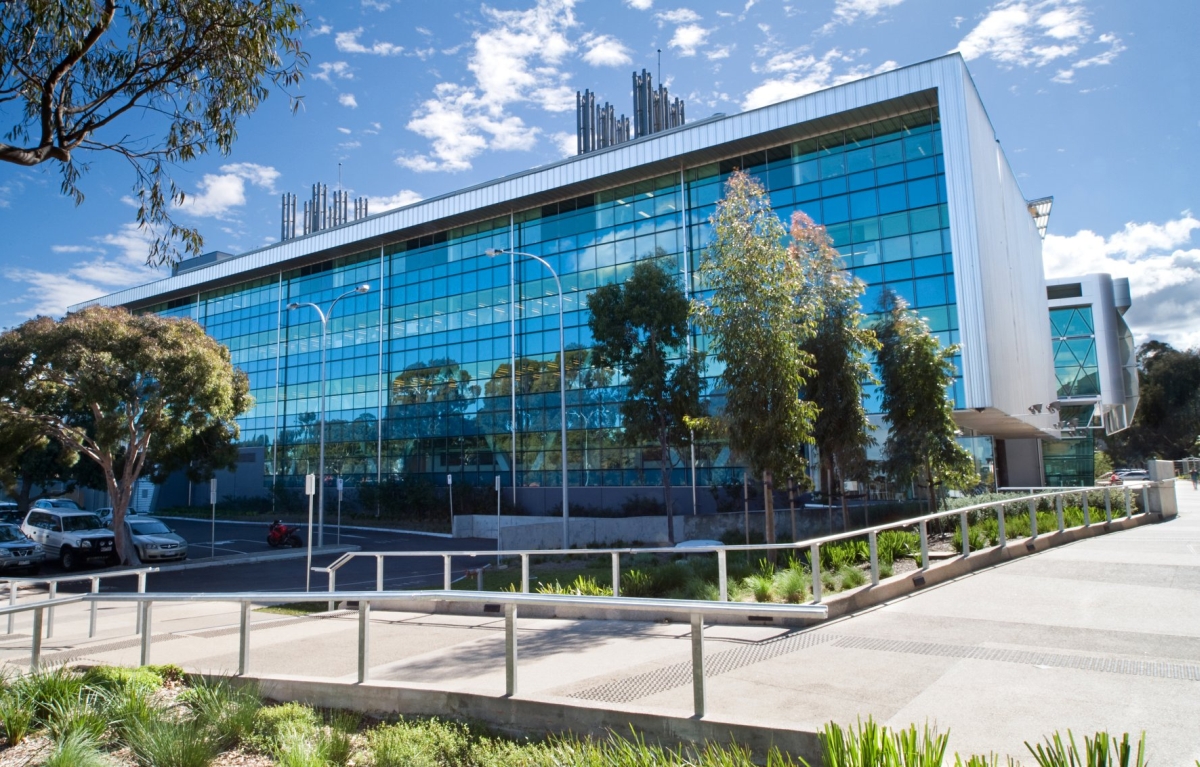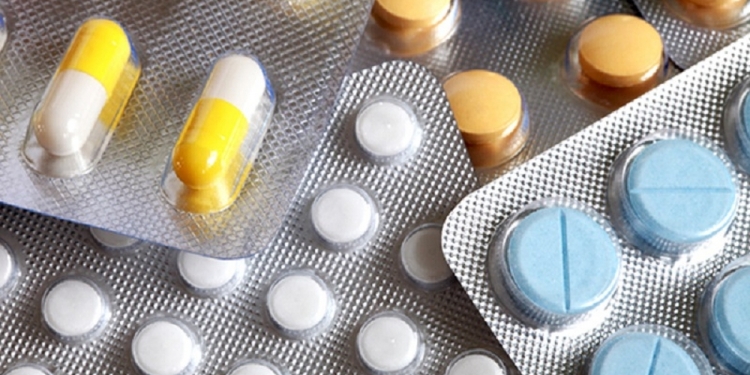Monash Biomedicine Discovery Institute (BDI) together with the Peter Doherty Institute of Infection and Immunity (Doherty Institute), which is a joint venture of the University of Melbourne and Royal Melbourne Hospital, has identified a possible drug that can be used in the current battle against COVID-19.
Dr Kylie Wagstaff of Monash BDI, who led the study, shared that the scientists have shown that Ivermectin, a widely available drug is capable of stopping the SARS-CoV-2 virus from growing in cell culture within 48 hours. She said, “We found that even a single dose could essentially remove all viral RNA by 48 hours and even at 24 hours there was a really significant reduction in it.”
According to the official statement, Ivermectin is an FDA-approved anti-parasitic drug that is also known to be effective in vitro against a broad range of viruses including HIV, Dengue, Influenza and Zika viruses. However, the tests conducted in the study were in vitro and it has yet to be tested on people.

Dr Wagstaff said that Ivermectin is very widely used and is seen as a safe drug. The next step is to figure out whether the dosage that can be used on humans will be effective. At the moment, there isn’t an approved treatment but she shared that if there’s a compound that was already available worldwide, then it might be able to help people sooner.
“Realistically it’s going to be a while before a vaccine is broadly available. Although the mechanism by which Ivermectin works on the virus is not known, it is likely, based on its action in other viruses, that it works to stop the virus ‘dampening down’ the host cells’ ability to clear it,” Dr Wagstaff said.
Dr Wagstaff and Professor David Jans of Monash BDI have been researching Ivermectin for more than 10 years with different viruses. Both had started investigating the effectiveness of Ivermectin on SARS-CoV-2 virus as soon as the pandemic was known to have started.
According to Monash, the use of the anti-parasitic drug to combat COVID-19 would depend on the results of further pre-clinical testing and clinical trials, which will require urgent funding to continue the work. It added that drug repositioning, which is also known as drug repurposing, recycling, redirecting, retasking or reprofiling has been gaining recognition as a new alternative approach to use pre-existing commercially approved drugs to treat other diseases aside from its original intended disease.
Prof Sunil K. Lal, the Professor of Microbiology in School of Science at Monash University Malaysia said that this approach offers a myriad of advantages especially in the case of COVID-19. The ease of upscaling and speed for urgent administration into the field can be expedited as the safety and risk assessment studies on patients have already been conducted in the original application of the drug. He said, “the greatest advantage of drug repositioning is that it gives new life to novel viral disease like COVID-19. Repositioning existing drugs such as hydroxychloroquine, nucleotide inhibitors, ledipasvir and now most recently Ivermectin for COVID-19 show great promise as new repositioned drugs.”
To find out more, you read the full paper here.
[ IMAGE SOURCE ]








